Solar Roofing Solutions: Harnessing the Sunshine State's Potential
Taking Advantage of The Sunny Climate in Florida

In Florida, where the sun's rays are abundant year-round, harnessing solar energy has become not just an environmental endeavor but a practical and financially savvy choice for homeowners. As the state's commitment to renewable energy grows, solar roofing solutions emerge as a beacon of sustainability and innovation. This blog post delves into the advantages, considerations, and evolving trends of solar roofing in Florida, exploring how homeowners can harness the state's potential for a brighter and more sustainable future.
The Solar Advantage in Florida
- Abundant Sunshine: Florida's tropical climate ensures a consistent and generous supply of sunlight, making it an ideal location for solar energy systems. With an average of over 230 sunny days annually, homeowners can maximize the benefits of solar power.
- Energy Savings and Financial Incentives: Solar roofing allows homeowners to generate their electricity, leading to substantial long-term savings on energy bills. Moreover, Florida offers various financial incentives, including tax credits and rebates, to make the initial investment in solar technology more accessible to professional roofing contractors.
The Evolution of Solar Roofing Technology
- Integrated Solar Tiles and Shingles: Modern solar roofing solutions seamlessly integrate solar cells into roofing materials like tiles and shingles, providing a sleek and aesthetically pleasing appearance. These innovations enhance the curb appeal of homes while generating renewable energy.
- Efficiency Improvements: Ongoing advancements in solar technology result in more efficient solar panels that can generate greater power even in lower light conditions. This ensures optimal energy production throughout the day, aligning with Florida's weather patterns.
Environmental Impact and Sustainability
- Reducing Carbon Footprint: Solar roofing service significantly reduces reliance on traditional energy sources, lowering carbon emissions associated with electricity generation. This transition to cleaner energy aligns with global efforts to combat climate change.
- Conserving Natural Resources: Solar energy production requires minimal water usage compared to conventional power generation methods. Embracing solar roofing contributes to the conservation of precious water resources, particularly relevant in Florida's ecologically diverse landscape.
Considerations for Solar Roofing in Florida
- Roof Orientation and Tilt: Optimizing solar energy production involves considering the roof's orientation and tilt. South-facing roofs typically receive the most sunlight in the Northern Hemisphere, but adjustments can be made based on individual property characteristics.
- Shade Analysis: Assessing potential shading from nearby structures or trees is crucial for determining the feasibility of solar installations. Shade can significantly impact the efficiency of solar panels, requiring careful planning for optimal performance.
- Building Codes and Permits: Understanding local building codes and obtaining the necessary permits are essential steps in the solar roofing installation process. Compliance ensures the safety and integrity of the solar system within the context of Florida's regulatory framework.
Financial Considerations and Incentives
- Return on Investment (ROI): Calculating the return on investment is a crucial aspect of evaluating the financial viability of solar roofing. Factors such as energy savings, tax incentives, and potential resale value enhancement should be considered.
- Tax Credits and Rebates: Florida offers various financial incentives to encourage solar adoption, including federal tax credits and state-specific programs. Understanding and leveraging these incentives can significantly offset the initial costs of solar roofing installations.
Solar Roofing Installation Process
- Professional Assessment: Engaging with certified solar professionals is the first step in the installation process. A comprehensive assessment of the property, roof condition, and energy needs is conducted to tailor the solar solution to the homeowner's requirements.
- System Design and Engineering: Solar engineers design a system customized for the specific property, considering factors such as roof orientation, shading, and energy consumption patterns. This stage ensures the optimal performance and efficiency of the solar roofing system.
- Permitting and Installation: Securing necessary permits and approvals is followed by the actual installation process. Solar panels or solar-integrated roofing materials are installed with precision, often accompanied by monitoring systems to track energy production.
Maintenance and Long-Term Performance
- Regular Inspections: Routine inspections by solar professionals ensure that the system is operating at peak efficiency. Addressing any issues promptly helps maintain optimal performance and extends the lifespan of the solar roofing installation.
- Cleaning and Upkeep: Periodic cleaning of solar panels is essential to remove dust, debris, or any accumulated substances that may hinder sunlight absorption. This simple maintenance task contributes to consistent energy production.
Solar Roofing Case Studies in Florida
- Residential Success Stories: Examining successful residential solar roofing installations in Florida, showcasing the energy savings, environmental impact, and homeowner satisfaction.
- Commercial Applications: Highlighting notable commercial properties in Florida that have embraced solar roofing, illustrating the versatility and scalability of solar solutions for businesses.
The Future of Solar Roofing in Florida
- Advancements in Technology: Anticipating future advancements in solar technology, such as increased efficiency, enhanced storage capabilities, and even more seamless integration into building materials.
- Community Solar Initiatives: Exploring community-based solar initiatives that allow residents to collectively invest in and benefit from solar energy, fostering a sense of shared sustainability.
Solar roofing solutions in Florida offer homeowners an unparalleled opportunity to harness the state's abundant sunshine for sustainable and cost-effective energy production. As technology evolves and the demand for clean energy continues to rise, solar roofing stands as a beacon of innovation, contributing not only to individual financial savings but also to the collective effort of building a greener and more resilient future for the Sunshine State. By embracing solar roofing, homeowners in Florida can bask not only in the warmth of the sun but also in the satisfaction of contributing to a cleaner and more sustainable environment.
Contact us to learn more about integrating solar roofing into your home.
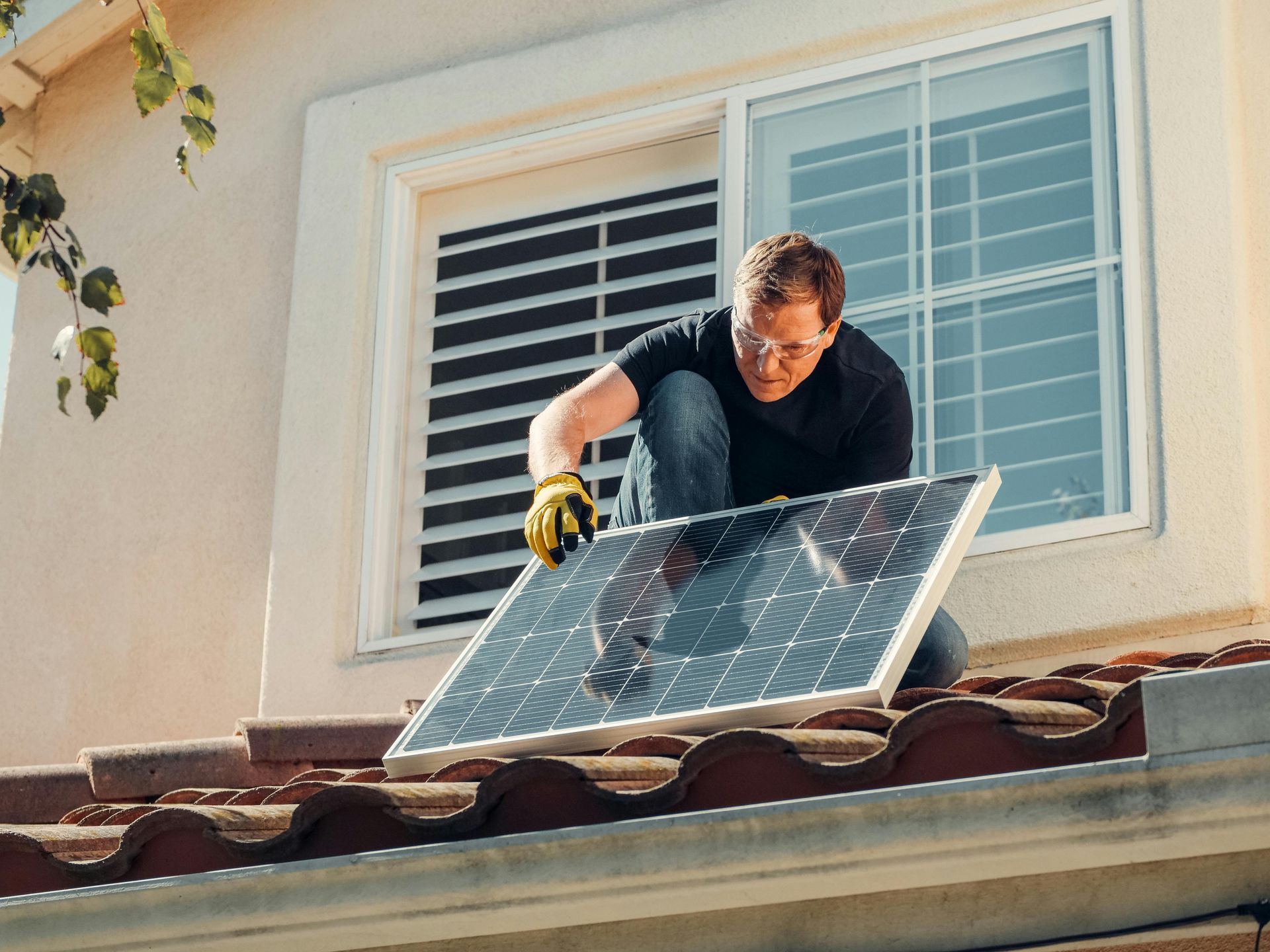
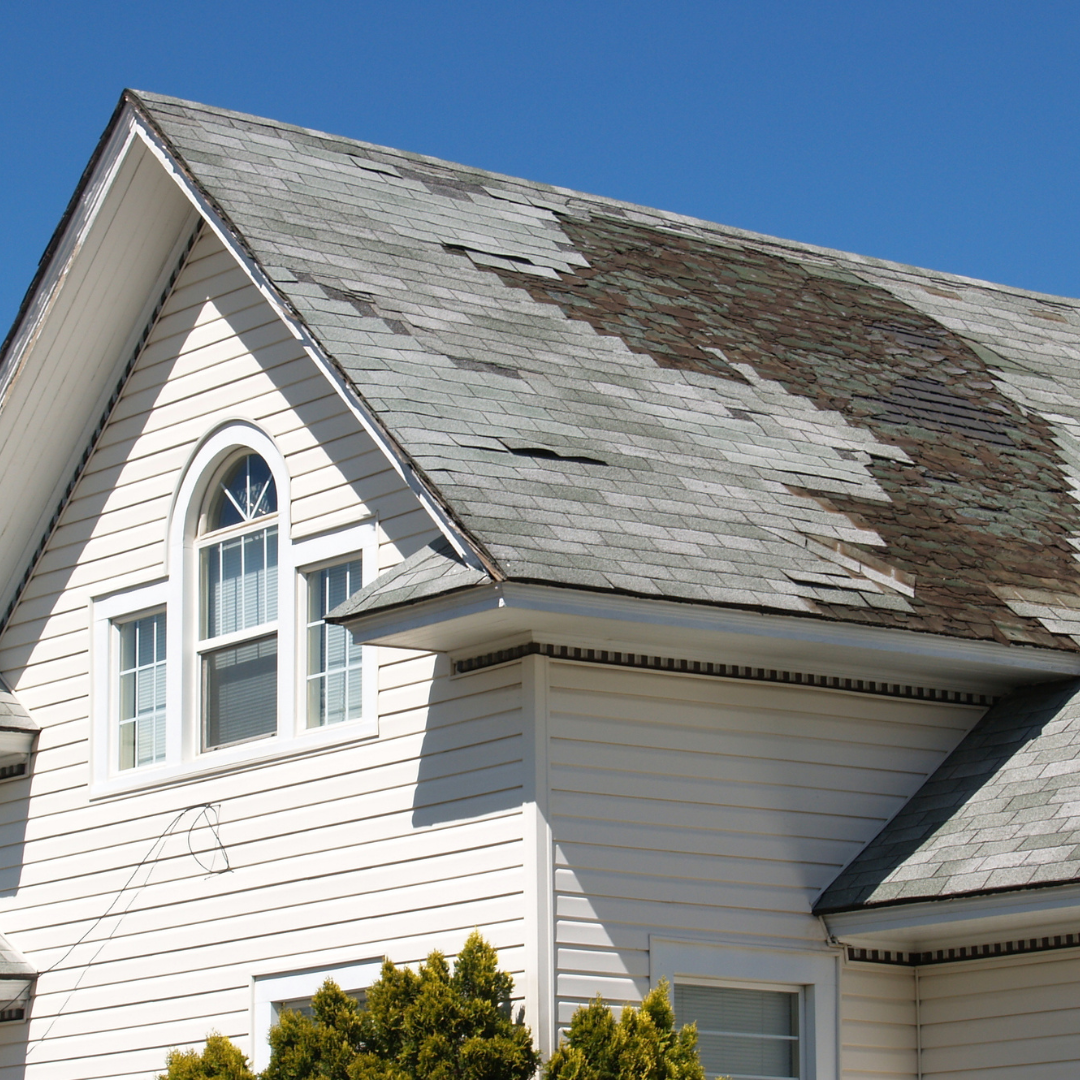
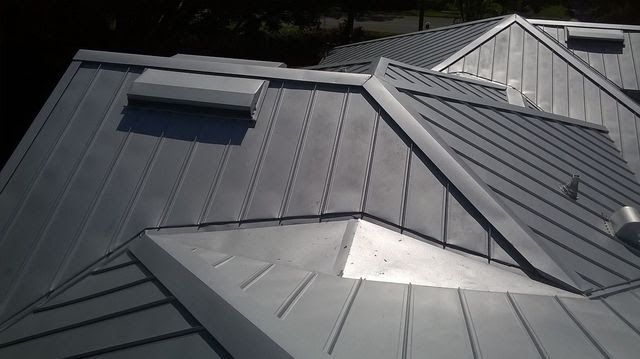

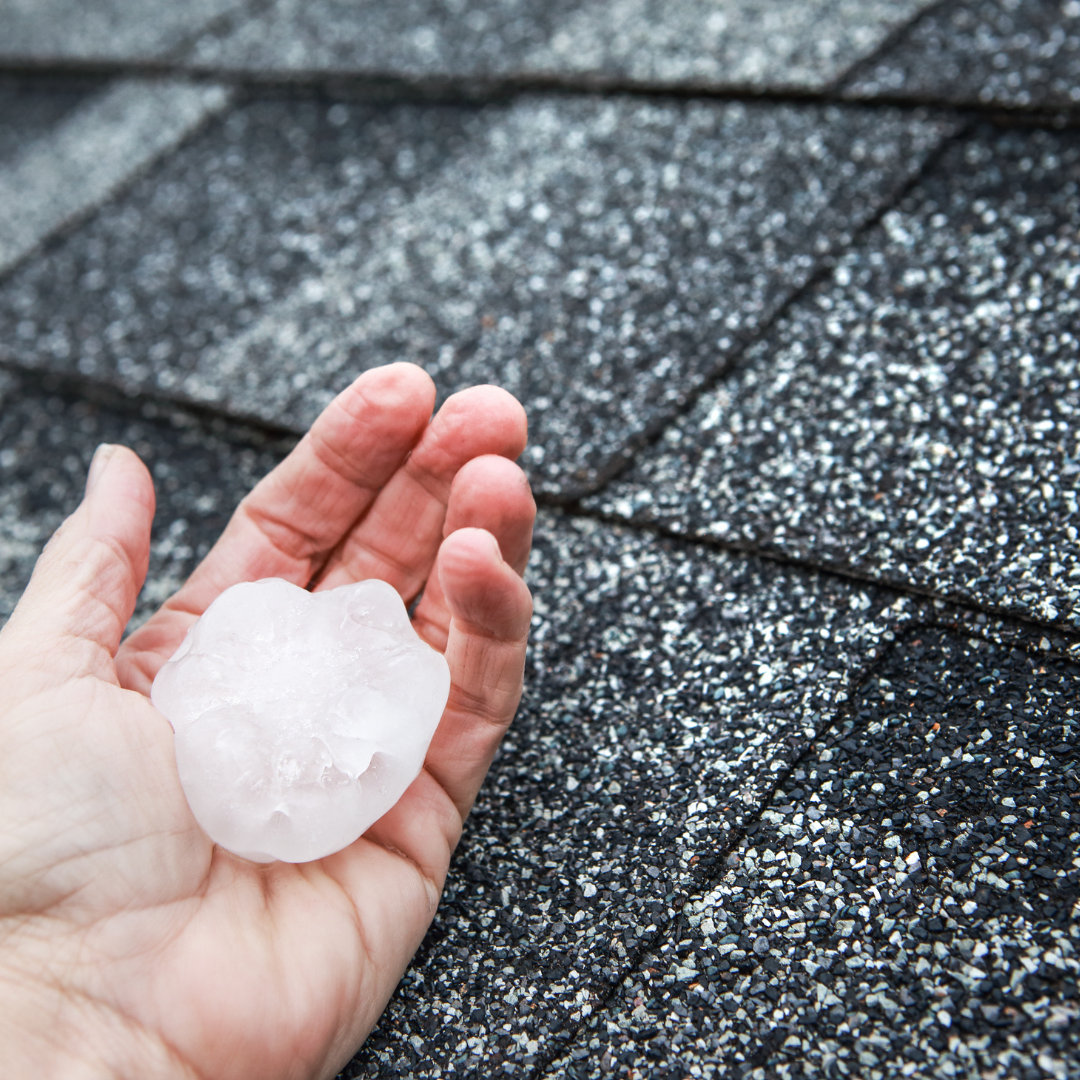
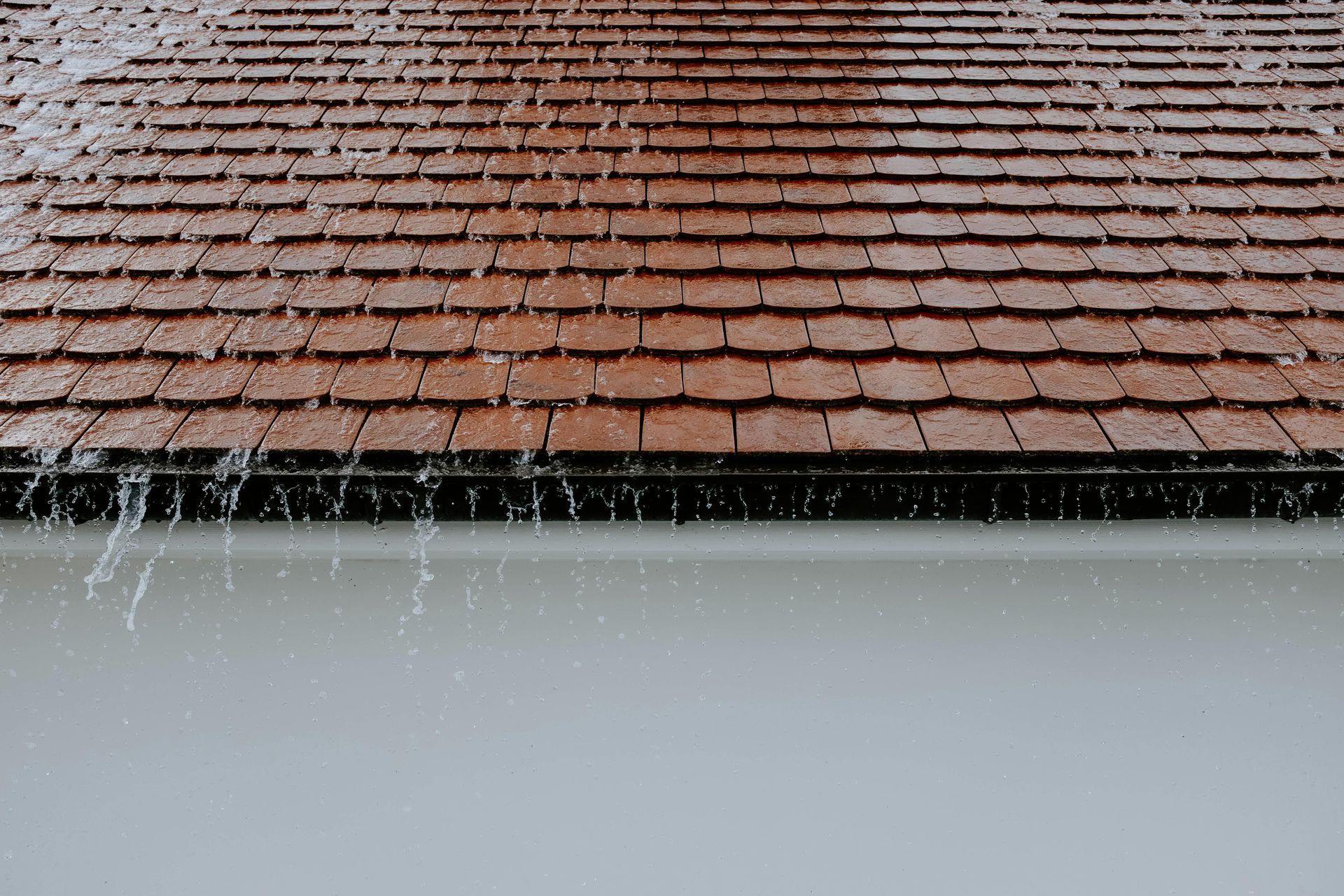
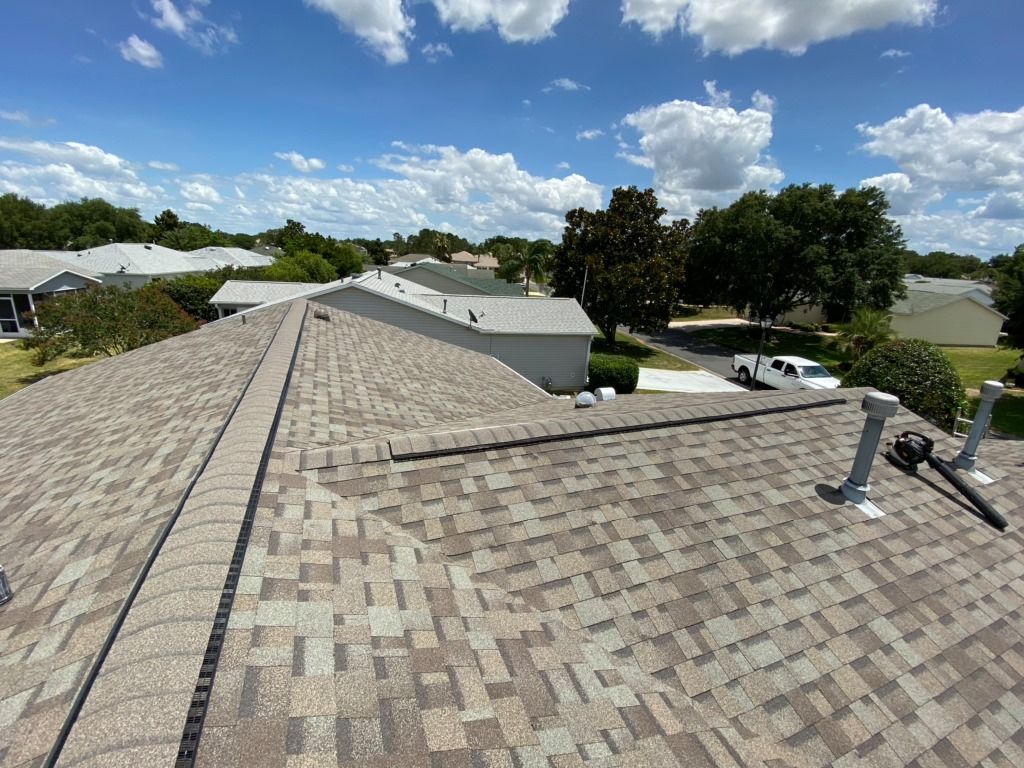
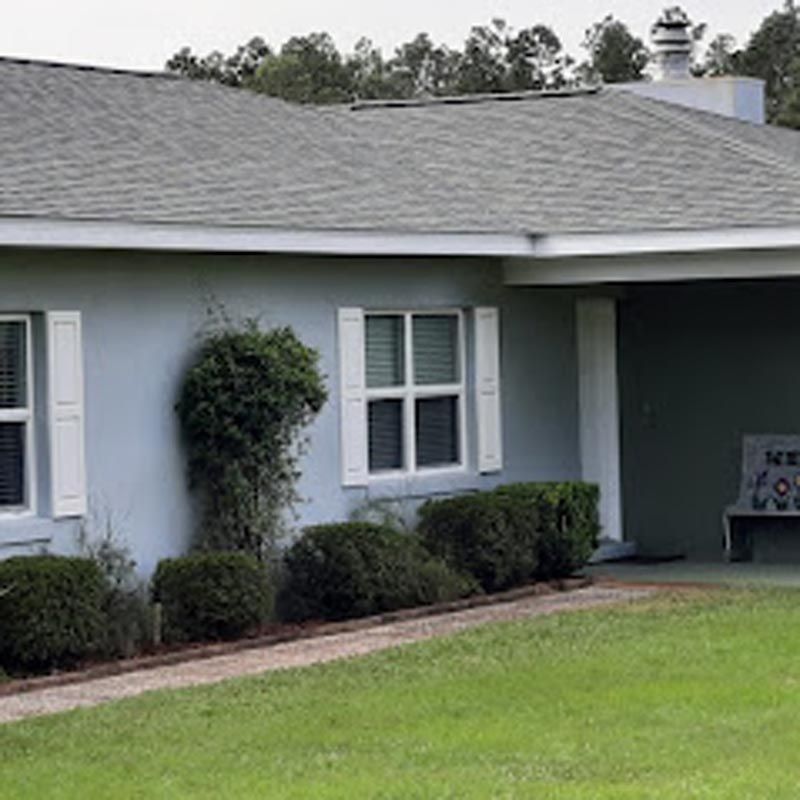

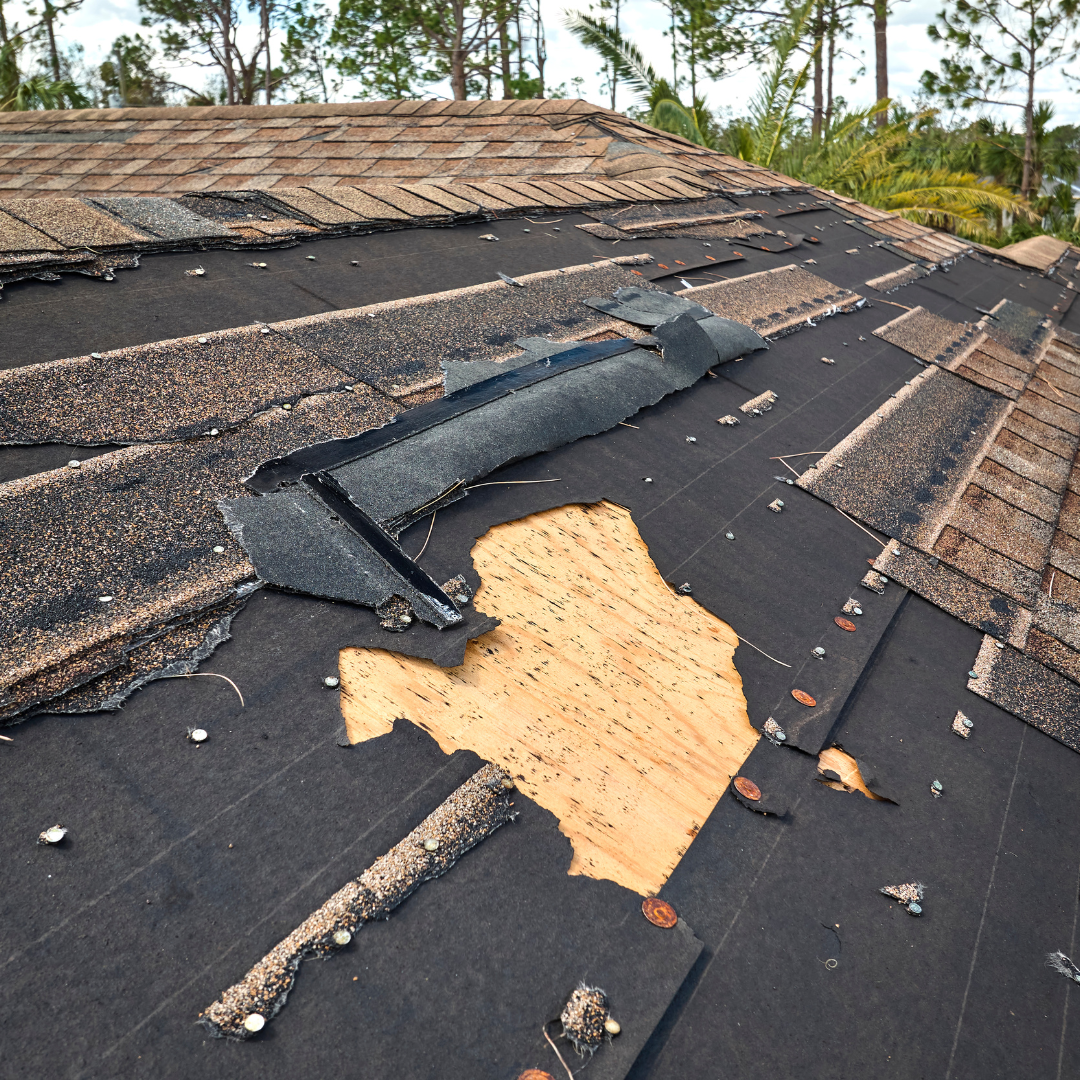
Contact Info:
1014 W Dixie Ave, Leesburg FL 34748
1014 W Dixie Ave, Leesburg FL 34748
Open Hours:
Mon–Fri: 8 am – 5 pm
Saturday: By Appointment
Sunday: Closed
Navigation
All Rights Reserved Nieves & Baker Roofing, LLC| Website Managed by Leads By Vinny
